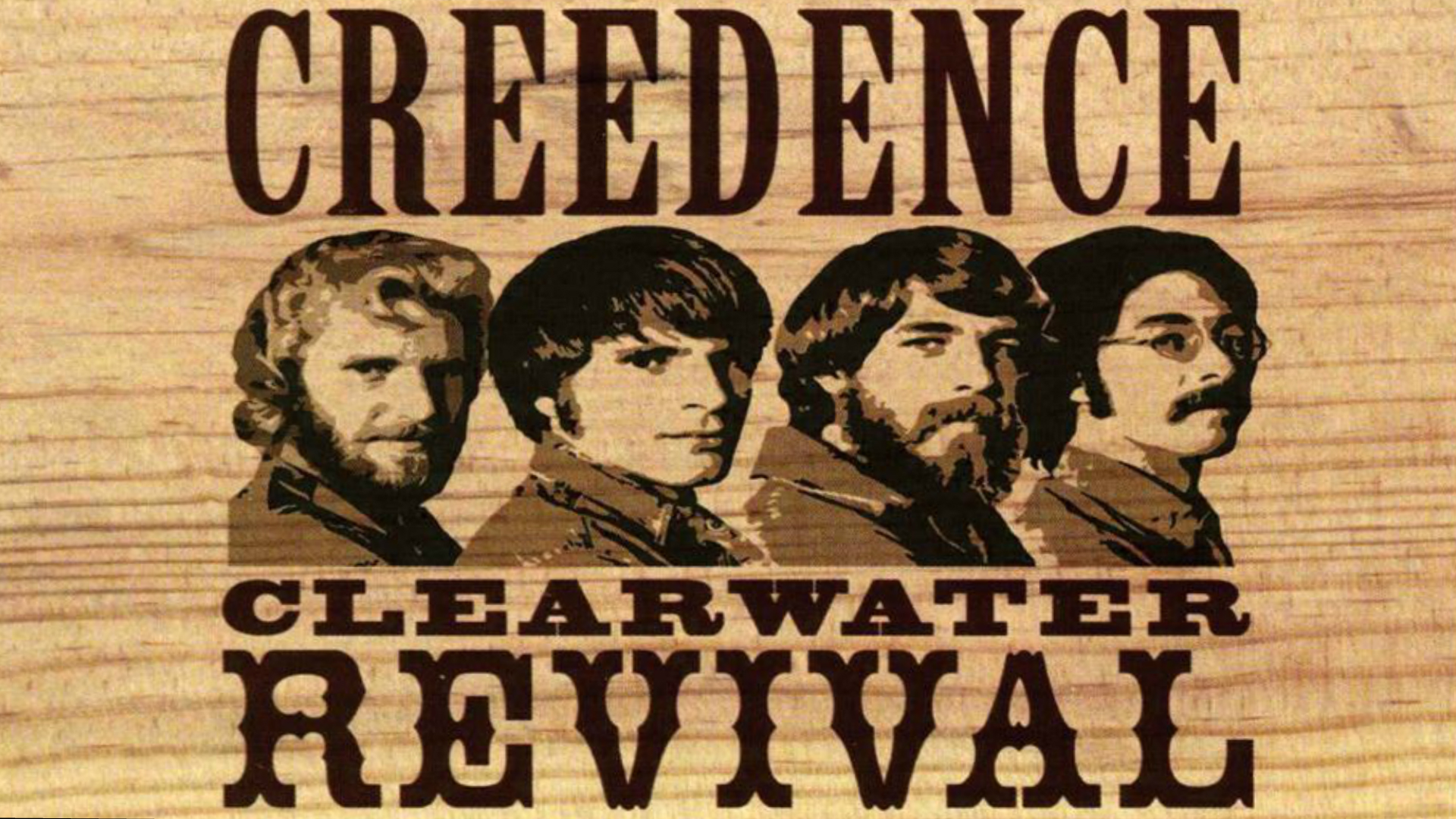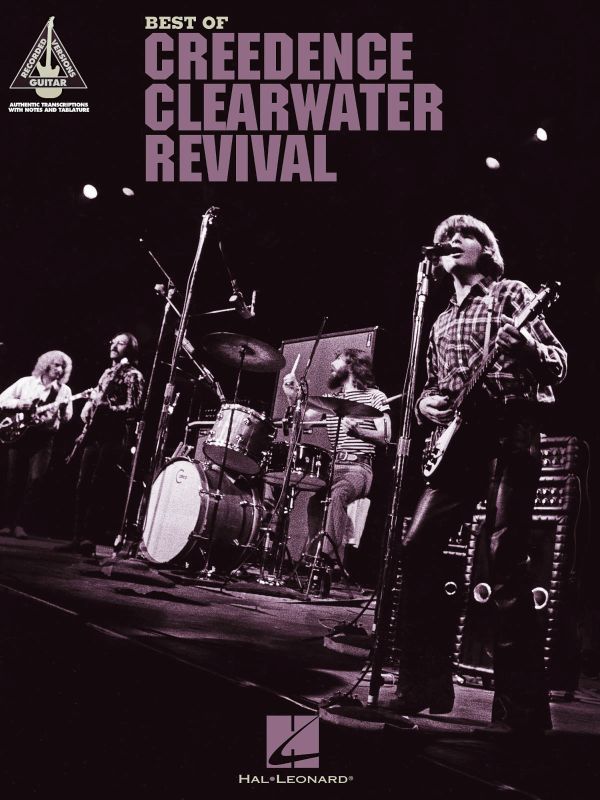Creedence Clearwater Revival, popularly known as CCR, was an American rock band that was formed in El Cerrito, California in 1967. The band consisted of four members - lead vocalist and rhythm guitarist John Fogerty, lead guitarist Tom Fogerty, bassist Stu Cook, and drummer Doug Clifford. CCR is widely regarded as one of the greatest American rock bands of all time and was inducted into the Rock and Roll Hall of Fame in 1993. In this post, we will explore the history of CCR and their impact on rock music.
Origins and Early Years
The Fogerty brothers, John and Tom, had been playing music together since their teenage years in El Cerrito. In 1959, they formed a band called The Blue Velvets, which later became The Golliwogs. In 1967, the band changed its name to Creedence Clearwater Revival and signed a record deal with Fantasy Records.

CCR's self-titled debut album was released in 1968 and received critical acclaim. The album featured a mix of cover songs and original material written by John Fogerty. The album's lead single, "Suzie Q," peaked at number 11 on the Billboard Hot 100 chart.
Commercial Success
In 1969, CCR released their second album, "Bayou Country," which featured the hit single "Proud Mary." The song became the band's first top ten hit on the Billboard Hot 100 chart and earned them their first Grammy nomination. The album also included the fan favorites "Born on the Bayou" and "Bootleg."

CCR continued their commercial success in 1969 with the release of "Green River." The album featured the hit singles "Bad Moon Rising" and "Green River," both of which charted in the top five on the Billboard Hot 100 chart. The album also included the classic CCR track "Lodi."
The band's fourth album, "Willy and the Poor Boys," was released in 1970 and featured the hit single "Down on the Corner." The album also included the fan favorites "Fortunate Son" and "The Midnight Special."
Controversy and Dissolution
In 1971, CCR released their fifth album, "Cosmo's Factory," which became their most successful album to date. The album featured the hit singles "Lookin' out My Back Door" and "Who'll Stop the Rain." However, tensions within the band were starting to rise, with John Fogerty becoming the main creative force behind the band.
The band's next album, "Pendulum," was released in 1972 and featured the hit singles "Have You Ever Seen the Rain?" and "Hey Tonight." However, tensions between the band members continued to escalate, with John Fogerty's brother Tom leaving the band in 1971.

CCR released their final album, "Mardi Gras," in 1972. The album was largely panned by critics and failed to match the commercial success of their previous albums. The album was notable for featuring all four members on lead vocals, rather than just John Fogerty.
In 1972, CCR officially disbanded, with John Fogerty going on to pursue a successful solo career.
Legacy
Despite their relatively short career, CCR left an indelible mark on American rock music. They brought a unique blend of rock, blues, and country music that was unlike anything that had been heard before. The band's simple yet catchy melodies and John Fogerty's distinctive voice have made them a beloved band to this day. CCR's influence can be heard in the music of many contemporary artists, and their songs continue to be played on radio stations around the world.
The story of CCR is a cautionary tale of the dangers of ego and division within a band. However, their music continues to live on, and their impact on American rock music cannot be overstated.
Conclusion
Despite CCR's relatively short existence, they remain one of the most beloved American rock bands of all time. Their unique blend of rock, blues, and country music, along with John Fogerty's distinctive voice, continue to inspire generations of musicians. While their legacy has been marred by band tensions and creative disputes, their music continues to live on and will undoubtedly continue to do so for generations to come.
If you are a fan of CCR and their music, be sure to check out their discography and relive the magic of this iconic American rock band.
